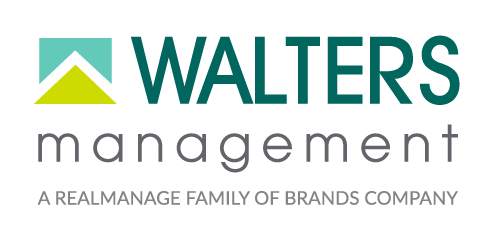
16 Aug How To Solve The Biggest Problems In A Board Of Directors
The Community Association Institutes indicate that there are 338,000 community associations in the U.S. With the average size of each board being five members, there are over 2.3 million individuals who step up, volunteer personal time and take on the responsibility of serving on the Board of Directors.
In 99% of the communities, these dedicated Board Member volunteers serve their communities well. Yet, there is a problem when a Board (or more frequently, an individual Board Member) causes more damage than good. The media picks up on the story of a “Board Gone Wild” and the community goes into a combat mode. Little important work gets done, personalities rather than principles dominate meetings, and property values are put in jeopardy. To makes matters worse, new laws are put forth by some ill-informed elected officials to fulfill a need for a “flag” to carry into the next campaign.
What is the usual cause for this breakdown in community operations?
A dysfunctional Board of Directors may be high on the suspect list. As noted above, most Boards do quite well in the conduct of the community’s business, and little concern is needed to maintain a civil and effective governing body. Yet the potential for a breakdown is always one election away.
One of the challenges for those working with associations is to effectively illustrate to Board Members that even if a problem doesn’t exist today, it can easily exist tomorrow. Each community is only one Annual Meeting away from electing a Board candidate who may be unsuitable, unethical, or selfishly motivated. It is a common thought among people and therefore, Board Members, that each community or group is special and unique – “what happened to others won’t happen to us.” To these dedicated individuals, a discussion on Ethics may be superfluous.
Boards are often reluctant to spend more personal time reviewing issues that may be self-evident – why would anybody want to be on a Board of Directors if not to “do the right thing”? And yet, it can take only one Board Member without a clear sense of duty and ethics to derail the actions of the remaining Directors. What to do to ensure this malady is avoided and that the effective governance of the community is preserved?
Here are three preventative steps:
- Develop a strategic nomination process for Board Member Candidates
- Set the ground rules for Board Conduct early
- Require each Board Member to agree to a Code of Ethics

